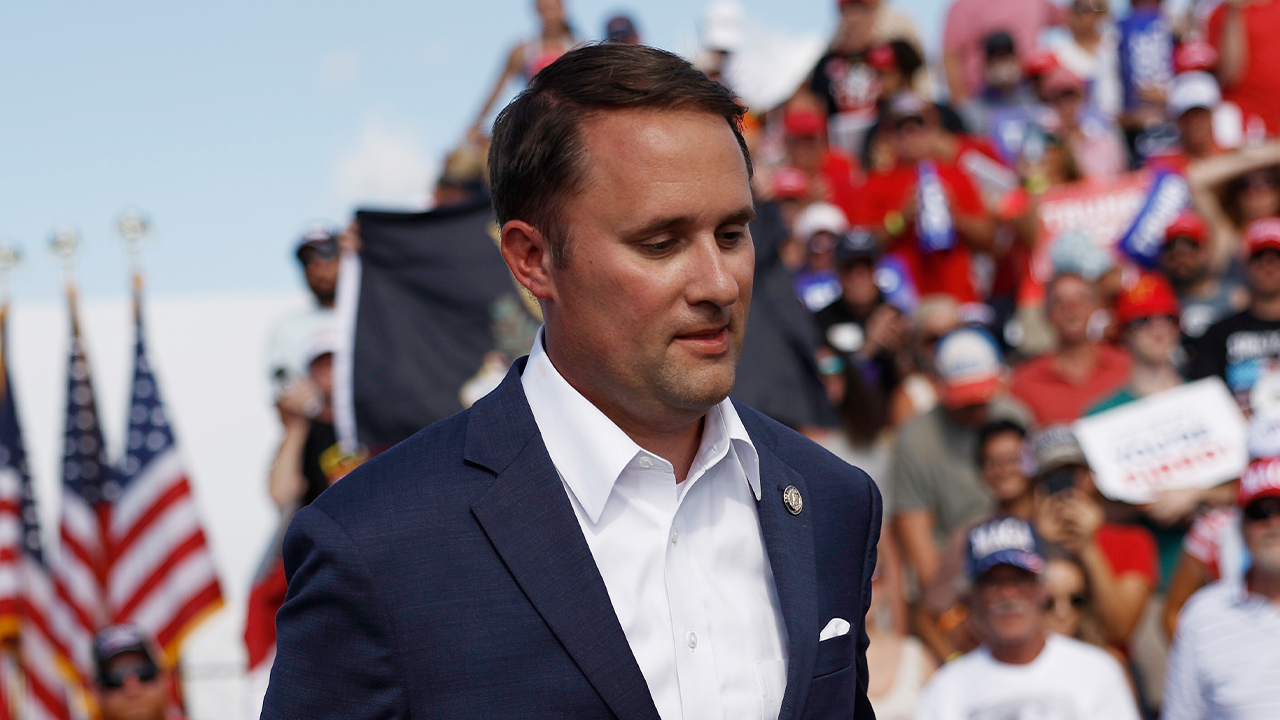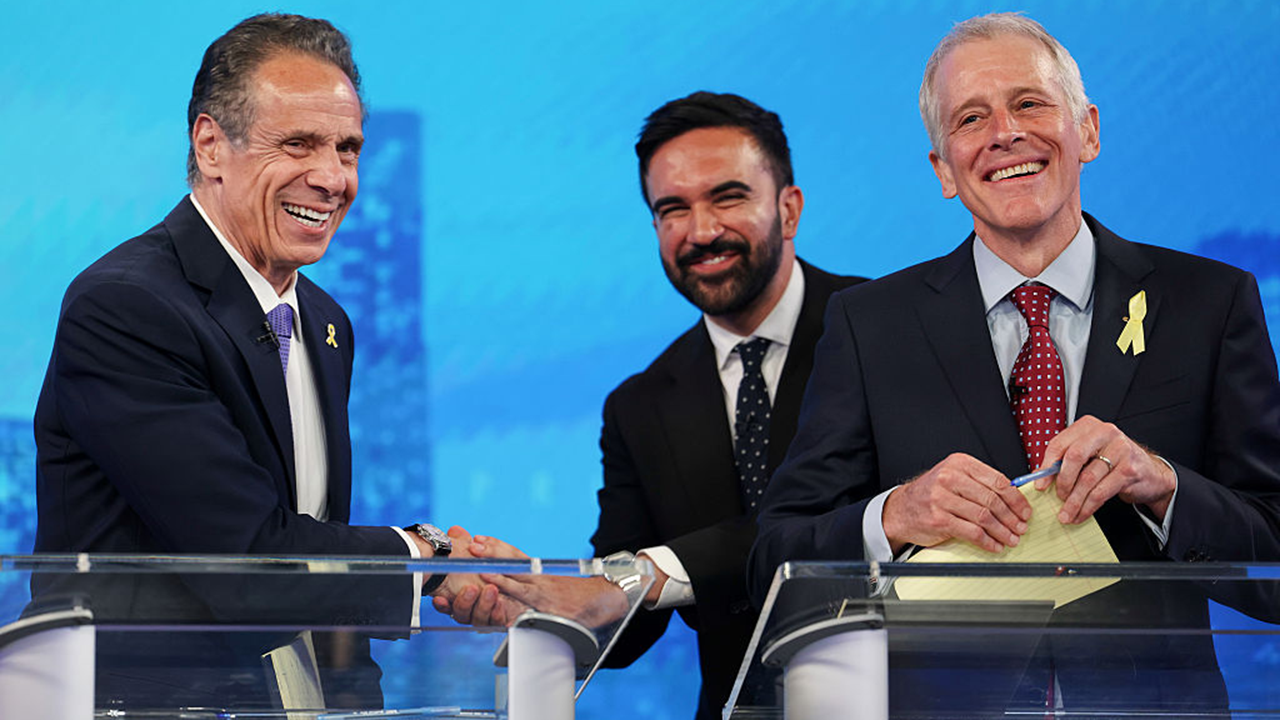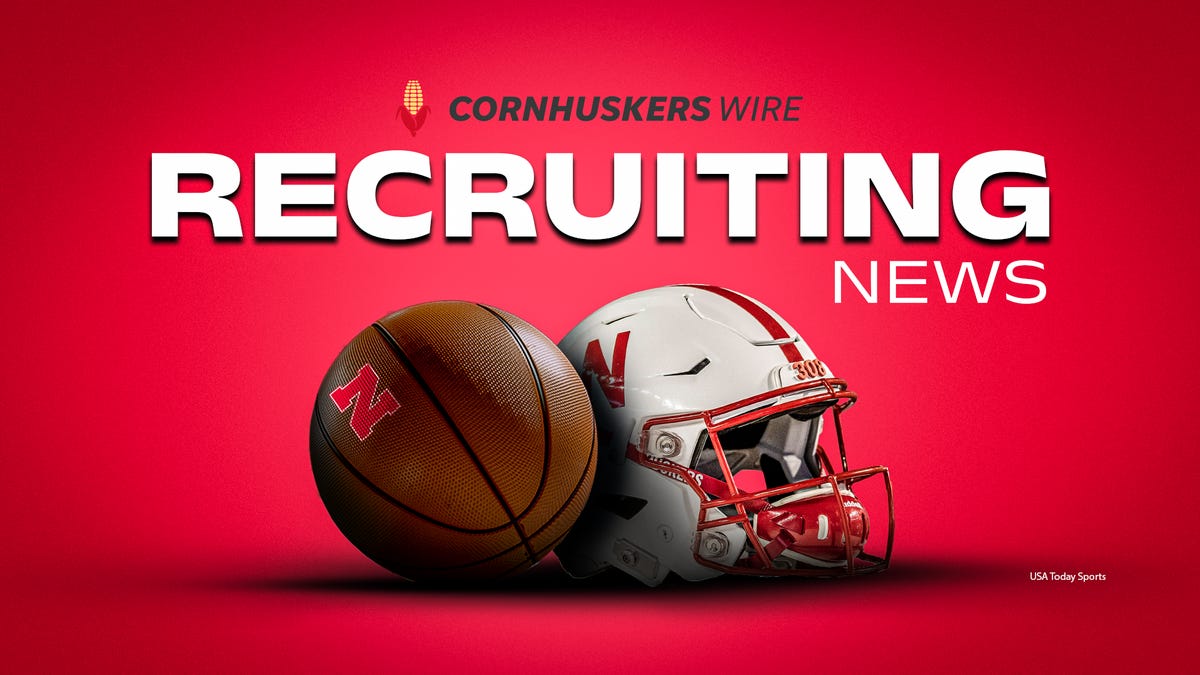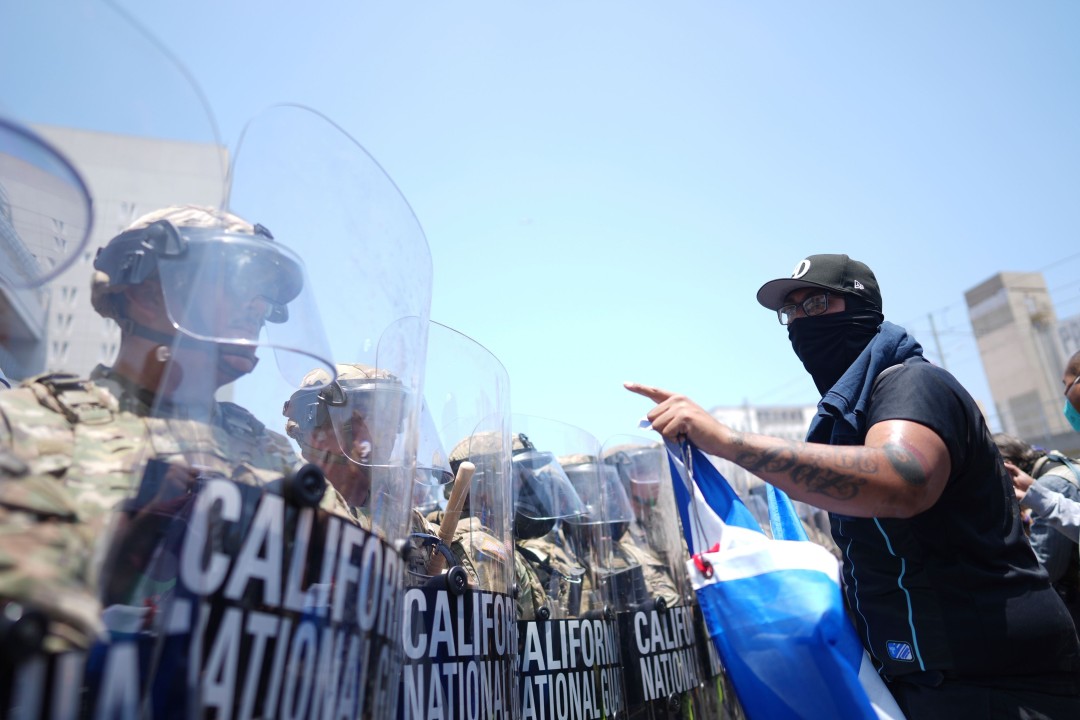Donald Trump, his oldest sons and his businesses orchestrated a “persistent and repeated fraud” in which they vastly exaggerated the extent of the former president’s wealth to procure favourable loans, a New York judge ruled, in an order that could deal a damaging blow to Trump’s real estate empire.
Judge Arthur Engoron on Tuesday found that the Trump Organization had inflated the value of properties in Manhattan and Florida, as well as golf courses in the US and Scotland, by hundreds of millions of dollars. He also ordered the suspension of licences for Trump’s New York entities.
However the impact of the decision was not immediately clear, leading an attorney for Trump, Christopher Kise, to ask for a clarification during a court hearing on Wednesday on whether assets such as the flagship Trump Tower would have to be sold. Engoron declined to elaborate on the order, saying: “I am not prepared to issue a ruling right now.”
The ruling is the latest development in a case brought by New York attorney-general Letitia James in 2022, which is due to go to trial on Monday. The trial will determine further damages and the matter of whether the defendants were also liable for issuing false financial statements and insurance fraud.
In a statement released on his Truth Social platform, Trump said the ruling was a “terrible reminder that the Radical Left Democrats will stop at nothing” in trying to prevent him from winning office again.
Kise said the court was seeking to “nationalise one of the most successful corporate empires in the United States and seize control of private property all while acknowledging there is zero evidence of any default, breach, late payment or any complaint of harm”.
James wrote on the social media platform X: “We look forward to presenting the rest of our case at trial.” Her office did not provide a further statement and did not respond to requests for comment on the potential suspension of Donald Trump’s business licences in New York.
The long-running lawsuit brought by James’ office alleges Trump and his businesses inflated the value of assets by more than $2bn in total to obtain hundreds of millions of dollars in loans on favourable terms.
The attorney-general is seeking to recover $250mn in damages and attempting to bar the defendants from ever acting as an officer or director of a corporation in the state again.
The ruling deals a significant setback to the eponymous business empire that made Trump a household name and adds to the mountain of legal woes he faces while vying to again become the Republican nominee for president next year. The 77-year-old has been charged in four separate criminal indictments over matters including the retention of classified documents and attempting to subvert the result of the 2020 election. He has pleaded not guilty to all charges.
In his decision, Engoron agreed with the New York attorney-general’s office that assets including a Park Avenue skyscraper and a property on Wall Street were unlawfully inflated, and further ordered that several of Trump’s New York businesses be dissolved, accusing them of continuing to “disseminate false and misleading information” even after a monitor was appointed by the court last November.
Lawyers for the Trumps, including Kise, a former solicitor-general of Florida, were also fined $7,500 each by the court for repeatedly making “frivolous” arguments.
The judge also dismissed arguments by the Trump lawyers that the banks in question, including Deutsche Bank, were not defrauded as the loans were ultimately repaid in full.
Trump himself echoed this on social media, saying no harm had been done to the “sophisticated Wall Street banks” from whom he borrowed money. But Engoron said “the first principle of loan accounting is that as risk rises, so do interest rates”, and the lenders could have made “even more money” had the true value of Trump’s collateral been stated.
In his ruling the judge accused Trump’s lawyers of living in a “fantasy world” in which “square footage [is] subjective”. He ruled that Trump had overvalued his Trump Tower apartment by up to $207mn, falsely stating in annual financial records that it was almost three times its actual size, and — in one year — exaggerated the value of apartments in Park Avenue by 700 per cent.
“Good faith measurements could vary by as much as 10-20 per cent, not 200 per cent,” Engoron wrote, adding that Trump’s lawyers were asking the court not to “believe its own eyes”.
A discrepancy “of this size, by a real estate developer sizing up his own living space of decades, can only be considered fraud”, he wrote.
Engoron further found that Trump’s Mar-a-Lago resort had been inflated by at least 2,300 per cent compared with an appraiser’s assessment.
Donald Trump’s case will not be heard before a jury as stated in an earlier version of this article, which has also been updated to correct the year in which the lawsuit was originally filed.




























